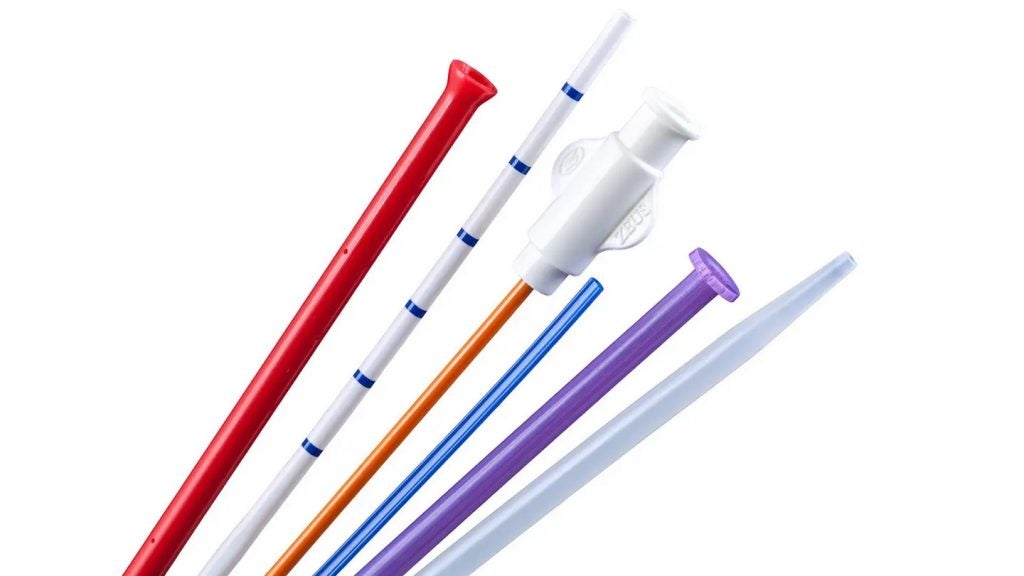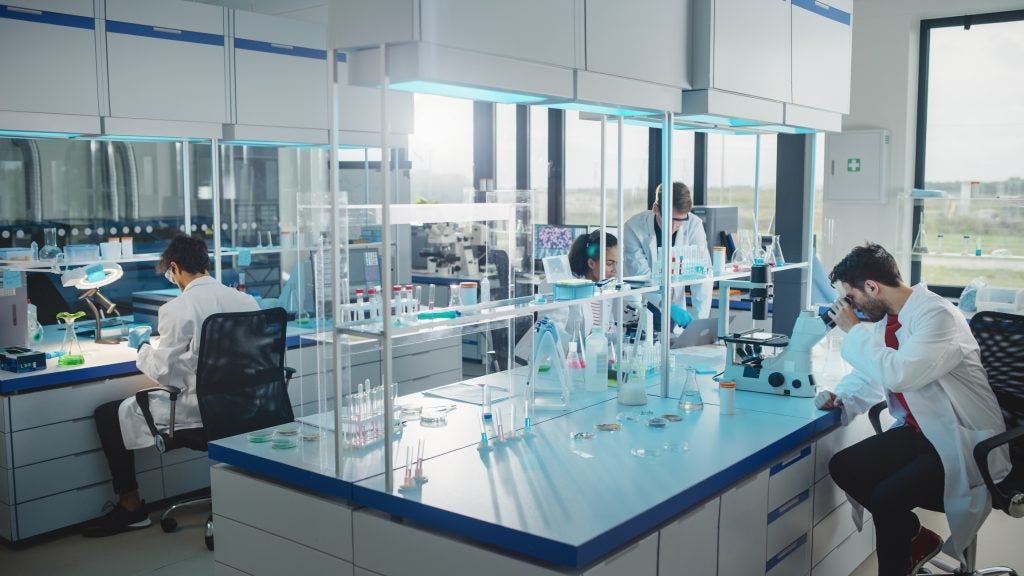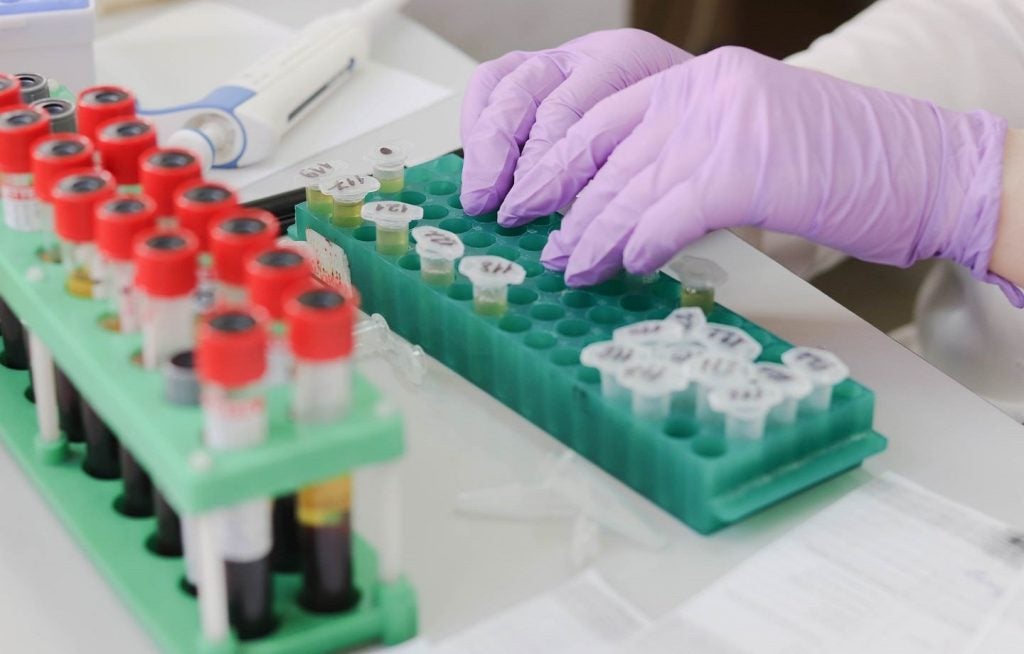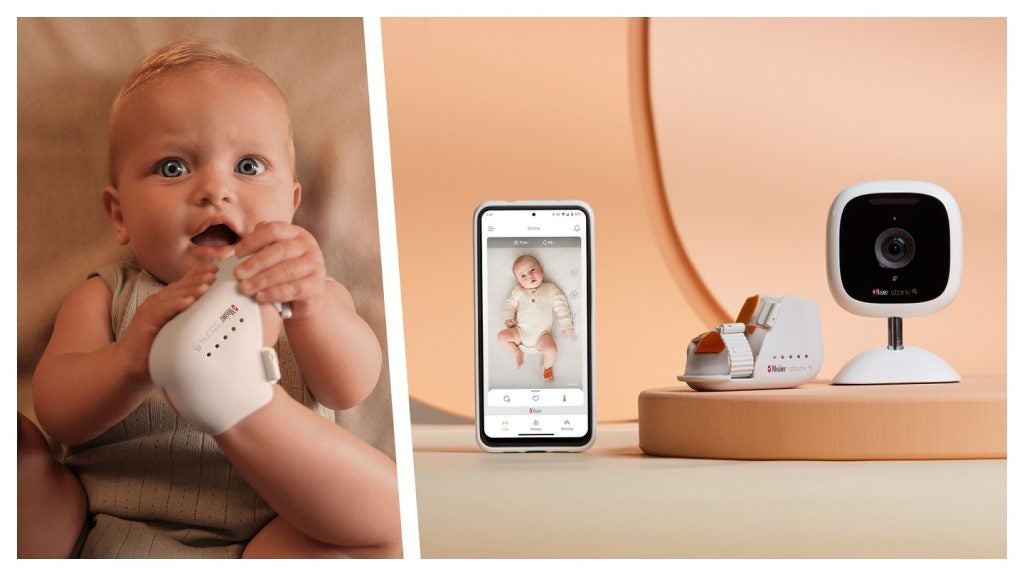US-based firm Biomerica has announced that it has received US Food and Drug Administration (FDA) 501(k) clearance to market its diagnostic device for the detection of H. pylori bacterial infections.
The bacteria has previously been identified as present in 80% of gastric cancers, the third most common cause of cancer-related death worldwide. It has also been attributed as a cause of conditions such as peptic ulcers.
Biomerica said that its HP Detect Stool Antigen ELISA test is designed to detect the presence of the H. pylori bacteria allowing clinicians to then diagnose and assess the infection, thought to be present in 35% of the US population. It is also hoped that advanced diagnostic equipment can help lessen the healthcare system’s reliance on antibiotics by catching bacterial infections early on. The device is designed to detect the presence of antigens specific to H.Pylori infection in a patient's faecal sample.
Biomerica’s CEO, Zack Irani, said: “This FDA clearance is a milestone in our commitment to bringing a diagnostic solution for over 115 million people suffering from H. pylori infection across the US We are particularly excited about this product as it has been shown to be highly accurate and has several key advantages for laboratories, physicians and patients. We have also created an efficient, low-cost manufacturing process that should enable high gross margins on this product.”
The HP detect system is already cleared for sale in the EU, where in May of 2022 HP Detect was awarded the CE mark, joining the company’s catalogue of 28 other marketed products across the UK, EU, and US.
Following the announcement on Monday 18 December Biomerica’s shares rose significantly, with a single share trading at $0.99 on Friday 15 December, rising to $1.58 per share by the end of Monday. It is still, however, a far cry from the stock’s previous high point in July of 2020, when a single share traded for $10.96.
A GlobalData report details how the global market for diagnostic tools in identifying infectious diseases is estimated to be worth $21.8bn, with that figure expected to shrink to around $14.2bn by the end of 2030.
In May of 2023, Biomerica announced that its InFoods diagnostic test for Irritable Bowel Syndrome had been validated for use with finger stick (capillary) patient whole blood samples.
However, the test is provided as a laboratory-developed test (LDT) conducted in a laboratory accredited by the College of American Pathologists and certified by Clinical Laboratory Improvement Amendments. It comes at the same time that the US government is considering regulating LDTs as medical devices from 2024 onwards.















